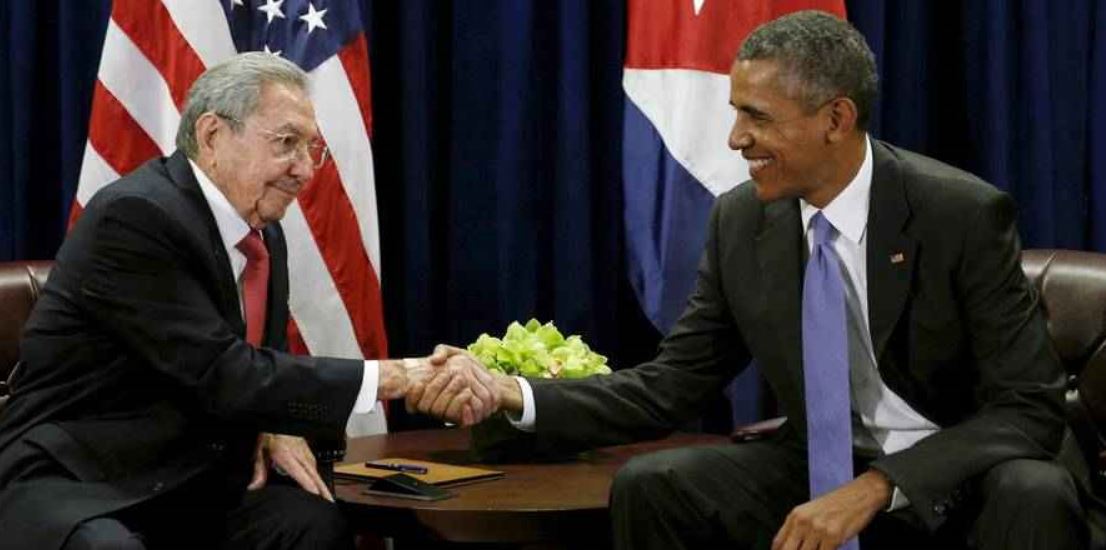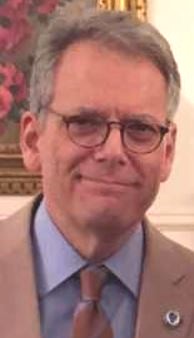
Washington: Frank and open talks with Cuba are ‘imperative’
What follows is a statement issued in Havana on Tuesday (Dec. 15) by Jeffrey DeLaurentis, U.S. chargé d’affaires in Cuba, as distributed by the U.S. State Department.
—-

One year ago, President Obama announced that the United States was changing its relationship with the people of Cuba. He proposed to begin normalizing relations between our two countries and to create more opportunities for the American and Cuban people to engage with each other. He made it clear that our aspiration for the Cuban people remains that they enjoy a peaceful, prosperous, and democratic society.
Over the course of the past year, we have made good progress and come a long way. Our two countries have engaged in historic dialogue on a wide range of issues. We have discussed concrete objectives on civil aviation, direct transportation of mail, the environment, regulatory changes, and counter-narcotics and have either reached understandings on those topics or continue to narrow our differences in ways that suggest we could soon conclude such understandings.
One of the President’s goals in announcing the new approach to Cuba was to promote increased authorized travel, commerce, and the flow of information to the Cuban people. In that regard, we have seen an increase in authorized travel by U.S. citizens by over 50 percent. Our regulatory changes help promote a Cuban private sector that now accounts for at least one in four Cuban workers. And Cuba recently signed roaming agreements with two U.S. companies that promote the flow of information. But more could be done on the Cuban side to take advantage of new openings.
A year ago, we had very limited engagement with the Cuban Government. Now we are in open conversation on issues that matter to the United States. With Cuba just 90 miles from our coast, it is imperative that we are able to have frank and open conversations with our neighbor and see progress in how we work together to combat transnational crime, protect our shared ecosystem, and create opportunities for the people in both nations to thrive.
However, we still have areas of disagreement. On challenging matters such as property claims, fugitives, and human rights, we have started the process of exchanging views with Cuba and expect to continue in the new year. Still, the re-establishment of diplomatic relations and the opening of our embassy have given us a more effective platform through which to promote U.S. interests and values on those and all bilateral issues. It is worth recalling in this context what Secretary Kerry noted during the flag-raising ceremony in August – normalization will not happen overnight.
The President last year called on the Cuban Government to unleash the potential of 11 million Cubans by ending unnecessary restrictions on their political, social, and economic activities. The Administration has taken a number of steps within the President’s authority to support a growing private sector in Cuba and strengthen people-to-people ties. The President has called on Congress to end the embargo.
And just as we are doing our part, we urge the Cuban Government to make it less difficult for its citizens to start businesses, to engage in trade, and access information online. Cuba’s future is for Cubans to shape. But we will continue to encourage the Cuban Government to unleash and not constrain the potential of its citizens.
Our experience over the past year is that engagement and not isolation is the most effective way to promote U.S. interests and values in Cuba.
[Photo at top of Castro and Obama meeting at the United Nations on Sept. 29, 2015.]

